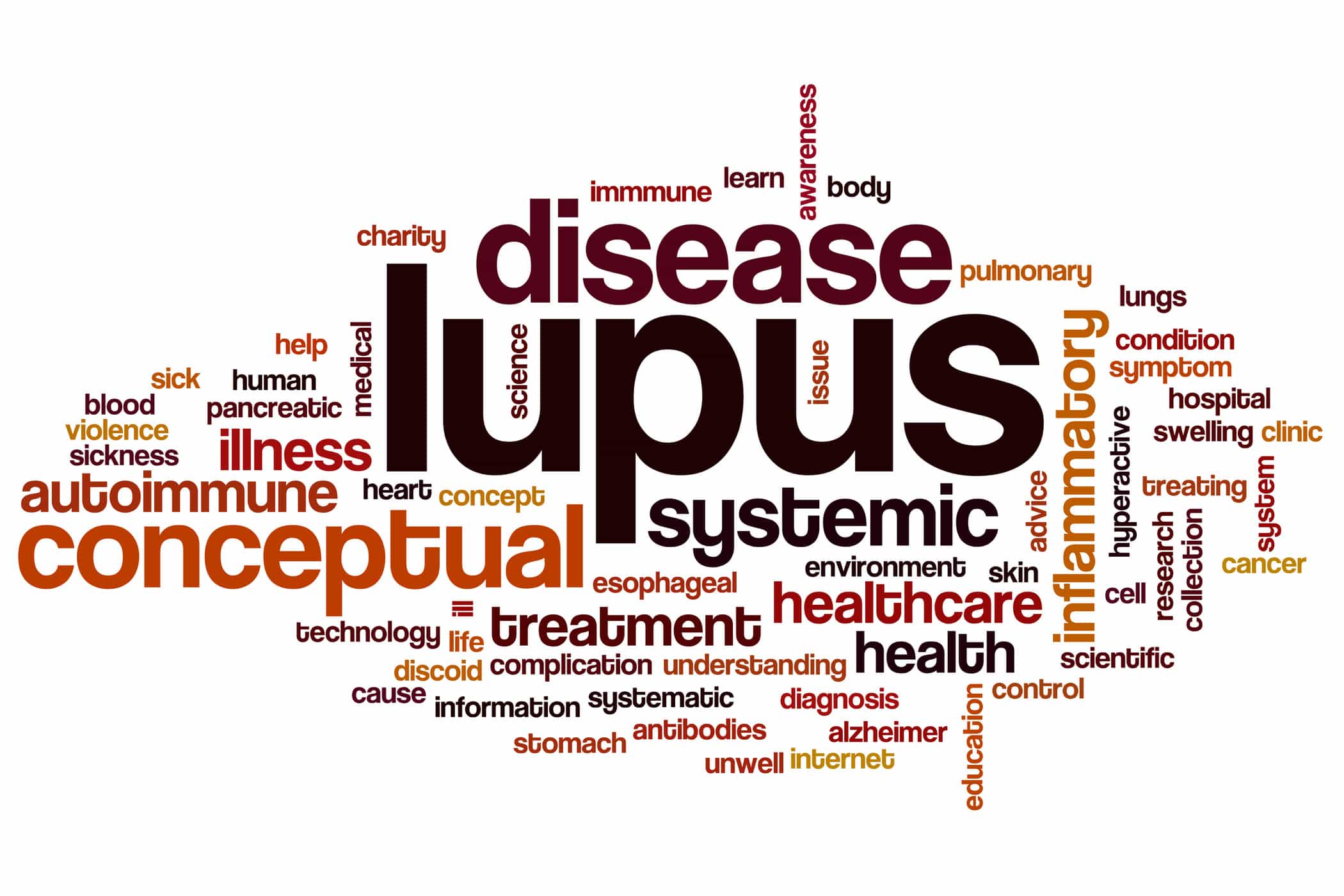Contents:
Medical Video: What Causes Chest Pain When It's Not Your Heart
When suddenly the chest feels tight like a squeeze even though it's not just exercising, the first thing that might come to mind is a heart attack. But this is not always the case. There are so many things that can cause chest tightness.
Chest tightness can make it difficult for you to breathe or exhale air from the lungs, making it more difficult to breathe. But is the tight sensation annoying but light enough that you can still move as usual? Or maybe the feeling of tightness that you feel is so strong pressing the chest, makes you tired of going through the day. You need to observe each symptom to make it easier for the doctor to find out the real cause of your complaint.
In the meantime, it's a good idea to first study various reasons that might cause the chest to feel tight.
What causes the chest to feel tight?
1. Indigestion
Chest tightness can be caused by digestive disorders such as gastric acid reflux (GERD). When food is not properly digested, food scraps can go back up into the esophagus, causing burning of the chest and sharp sour taste in the mouth. Chest sensation of tightness and stomach pain from gastric acid reflux can feel similar because the heart and esophagus (esophagus) are located close to each other and share nerve tissue.
Indigestion can be a result of poor diet, stress, or smoking and drinking alcohol. This can also be caused by excess caffeine and spicy or fatty foods.
2. Asthma
If the chest feels tight and is followed by wheezing (wheezing), shortness of breath, and coughing (especially at night), this can be a sign of asthma. Asthma is closely related to congenital diseases since childhood, but adults who have absolutely no history of asthma can get an asthma attack for the first time at this age. Asthma causes your airways to swell and narrow, causing a tight sensation when breathing.
3. Panic attacks or anxiety
Chest tightness suddenly but not doing heavy physical activity can indicate symptoms of anxiety attacks or panic attacks.
Generally, panic attacks or anxiety will cause a person to experience hyperventilation. Hyperventilation is a condition where you breathe a lot of oxygen and exhale quickly and superficially at one time. This causes the carbon dioxide levels to drop dramatically in the body, causing narrowing of the arteries that supply fresh blood to the lungs and brain. When this happens, you will feel tight and "floating".
Rest assured that chest tightness caused by panic or anxiety is completely harmless.
4. Angina
Angina is the cause of chest tightness because your heart muscle does not receive enough oxygen-rich blood. The most common symptom of angina is chest pain that feels like being pressed or squeezed hard. You may also experience aches and pains all over your body - shoulders, neck, arms, jaw, and / or back.
This condition can be triggered by strenuous exercise or stress, and will subside lost with rest. But angina is not a disease. This is a symptom of an underlying heart problem, usually coronary heart disease.
5. Pulmonary embolism
Symptoms of pulmonary embolism usually start suddenly. Pulmonary embolism is most often caused by deep vein thrombosis, which is a blood clot in a vein. Blockages that cause pulmonary embolism most often begin in the legs or pelvis. When the clot moves towards the lungs, the veins in the lungs become blocked which can then cause serious breathing problems.
Pulmonary embolism causes blood flow to one or both sides of the lungs to be very limited so that the chest feels tight and the heart rate increases, which makes you difficult to breathe. Inflammation of the lung tissue and chest wall (pleura) can also cause chest pain that feels sharp.
6. Tuberculosis
Signs and symptoms of tuberculosis usually develop slowly, can be monthly to annual, and often associated with other conditions. When bacteria that cause TB attack the lungs, pulmonary TB usually causes a chronic (persistent) cough that can produce white phlegm in the morning - it can be yellow or green, but the case is very rare.
Other common symptoms of TB are chest tightness. This symptom may arise as a result of pleural effusion - flooding of fluid between the lung enveloping membrane and the protective layer of the chest wall.
7. Chronic obstructive pulmonary disease (COPD)
COPD can cause chronic cough that expels phlegm, wheezing (breathing sounds), shortness of breath, and other symptoms. Smoking is a major cause of COPD. Exposure to other irritants such as air pollution, chemical fumes, or dust can also trigger COPD - especially if inhaled in the long term.
Chest tightness due to COPD is also caused by narrowing or blockage of the airways. Chest tightness can make it difficult for the lungs to get or release air, making it more difficult to breathe.
8. Bronchiectasis
Damage to the initial airway that causes bronchiectasis often starts in childhood. But the signs and symptoms may not appear monthly for even years after you begin to experience recurrent lung infections.
Bronchiectasis can cause chronic phlegm cough that occurs every day for monthly or yearly; phlegm is present in large quantities, slimy, and may contain pus; shortness of breath and wheezing; chest pain; and clubbing finger (the meat carried by the nails of the hands and feet becomes thick).
Severe bronchiectasis can cause serious health conditions, such as respiratory failure that causes you to gasp (shortness of breath, choking, and shortness of mouth). Bronchiectasis that is very severe and untreated can cause you to experience heart failure, a condition in which the heart cannot pump enough blood to meet the body's needs. The most common signs and symptoms of heart failure are chest tightness or difficulty breathing, fatigue, and swelling in all legs and veins in the neck.
9. Pneumonia
Signs and symptoms of pneumonia vary from mild to severe, depending on many factors such as the type of germs that cause the infection, and the age and overall health of your body.
Pneumonia often comes suddenly, causing a series of symptoms similar to flu and runny nose but lasts longer - fever, chills, and coughing up phlegm (in more severe cases, pus can be accompanied). This lung infection also causes pleuritic chest pain. This means that you have inflammation or irritation in the lining of the lungs that causes the chest to feel tight and painful when you breathe, cough, or sneeze.
10. Lung cancer
Most lung cancer does not cause any symptoms until the malignant tumor has spread, but some people with early lung cancer can show symptoms.
The most common symptom of lung cancer is a chronic cough that does not heal or worsens (removing bloody or rusty saliva or phlegm); the chest feels more severe when breathing long, coughing, or laughing; hoarseness; drastic weight loss and not appetite; hard to breathe; weak, tired, lethargic; have infections such as bronchitis and pneumonia that do not disappear or continue to recur; wheezing sound.
If you immediately go to the doctor so suspect the symptoms, cancer may be diagnosed at an early stage which will be much easier to treat.












